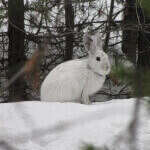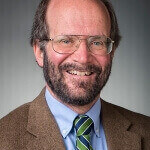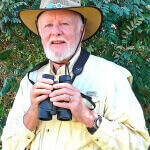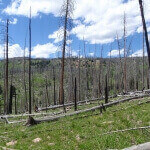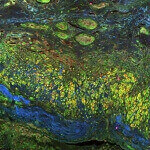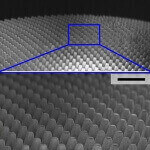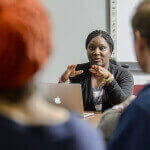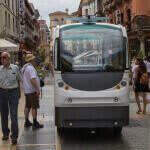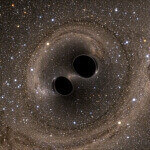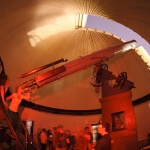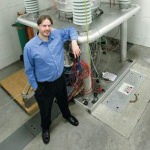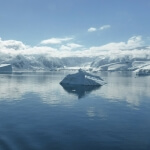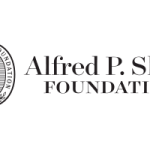Category Science & Technology
No snow, no hares: Climate change pushes emblematic species north
UW researchers report that the range of the snowshoe hare in Wisconsin is creeping north by about five and a half miles per decade. Read More
Golden: UW continues to thrive
As dean of the School of Medicine and Public Health at the University of Wisconsin–Madison, I was both troubled and puzzled by an opinion piece posted… Read More
Making molecules comfy: Ultimate challenge for UW’s ‘Glass Guy’
"If you ask an ordinary person, ‘What is glass?’ they will point to a window, but glass is a much broader category of materials,” says Mark Ediger. Read More
New Morgridge research team leader foresees era of ‘smart microscopes’
Jan Huisken, a scientist who develops tools to image biology in its unaltered natural state, will lead the medical engineering focus area at the Morgridge Institute for Research. Read More
UW scientists say invasive species impacts much worse than thought
According to UW researchers, a single non-native species in a single inland lake has racked up $80 million to $163 million in damage. Read More
Cool Science Images 2016
2016 Winning Cool Science Images… Read More
Fish-eyed lens cuts through the dark
The artificial eyes created by UW–Madison engineers could help search-and-rescue robots or surgical scopes make dim surroundings seem bright as day. Read More
Computer science program aims to make technology open to all
Wisconsin Emerging Scholars-Computer Sciences (WES-CS) provides a challenging, collaborative environment that helps recruit a broader cross section of UW students to the field of computer science. Read More
High Throughput Computing helps LIGO confirm Einstein’s last unproven theory
A software program pioneered at UW–Madison churned away in the background, helping analyze data from billions of particle collisions. Read More
Bioenergy Center, collaborators report 500th invention
The Great Lakes Bioenergy Research Center and two partners reported significant progress in their mission to develop technologies that will bring advanced biofuels to the marketplace. Read More
After long hiatus, Washburn Observatory public viewing to resume
The observatory had closed unexpectedly in April 2014 when a motor and gear box that operate a sliding door on the dome malfunctioned. Read More
UW-Madison spinoff receives construction permit for medical isotope plant in Janesville
This is the first time since 1961 that the NRC has issued a permit for a facility to make the life-saving isotopes. Read More
Arboretum review seeks to strengthen iconic research program
The Arboretum was dedicated in 1934 and has served as a laboratory for generations of field ecologists, including the iconic conservationist Aldo Leopold. Read More
3 researchers awarded prestigious Sloan Fellowships
The competitive awards are given to promising young researchers in the early stages of their careers. Read More

